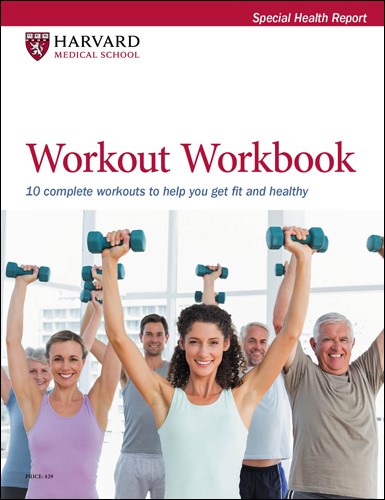Poor physical function may predict cardiovascular disease
In the journals
- Reviewed by Howard E. LeWine, MD, Chief Medical Editor, Harvard Health Publishing; Editorial Advisory Board Member, Harvard Health Publishing

Staying functionally fit helps you safely perform everyday movements, reduce the risk of falls, and live independently. But evidence suggests it may also lower your risk of heart attack, heart failure, and stroke. Researchers examined 5,570 adults (average age 75) who were part of the ongoing Atherosclerosis Risk in Communities (ARIC) study.
Participants' physical function was graded low, intermediate, or high, based on several tests, such as walking speed, speed of rising from a chair without using the hands, and standing balance. Over a follow-up period averaging seven years, the researchers kept track of who suffered a heart attack, stroke, or heart failure, adjusting for risk factors like high blood pressure, high cholesterol, and diabetes. Compared with adults with high physical function scores, those with low scores were 47% more likely to experience at least one of these cardiovascular events. Those with intermediate scores were 25% more likely.
While the study only revealed an association, it adds further evidence to the importance of maintaining high physical function as you age. The results appeared Sept. 6, 2022, in the Journal of the American Heart Association.
Image: © Davizro/Getty Images
About the Author

Matthew Solan, Executive Editor, Harvard Men's Health Watch
About the Reviewer

Howard E. LeWine, MD, Chief Medical Editor, Harvard Health Publishing; Editorial Advisory Board Member, Harvard Health Publishing
Disclaimer:
As a service to our readers, Harvard Health Publishing provides access to our library of archived content. Please note the date of last review or update on all articles.
No content on this site, regardless of date, should ever be used as a substitute for direct medical advice from your doctor or other qualified clinician.
















